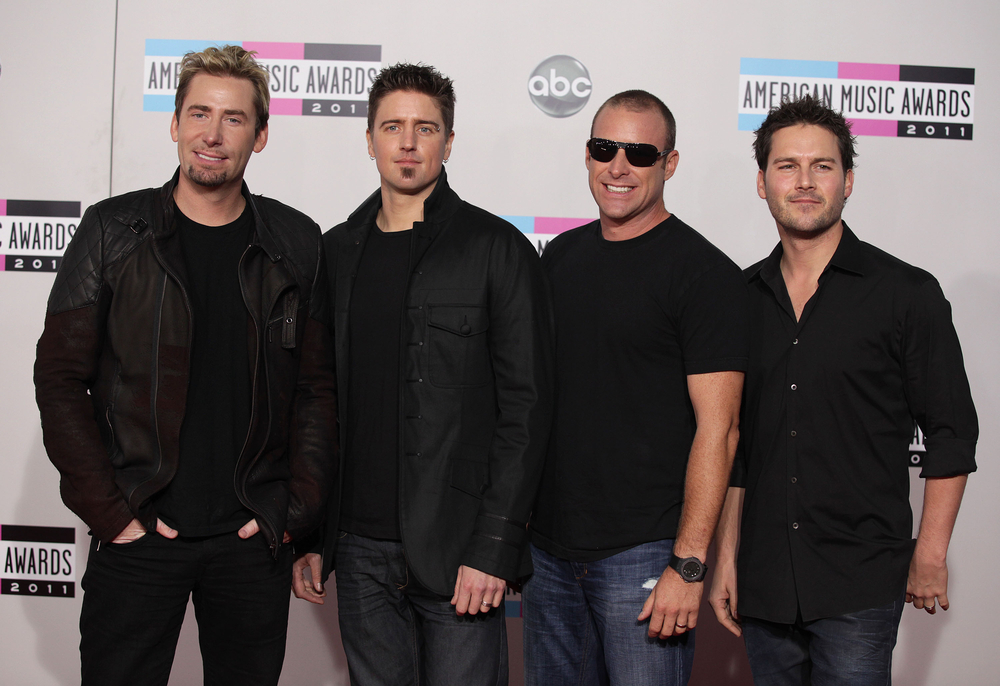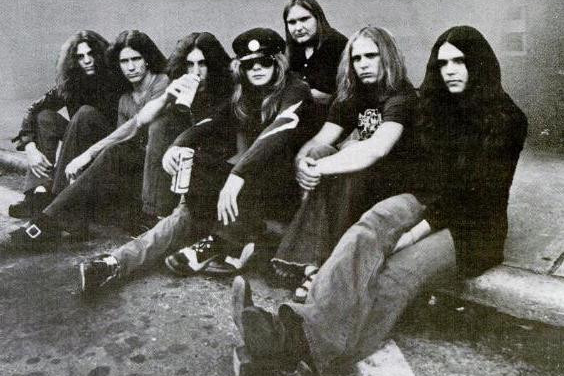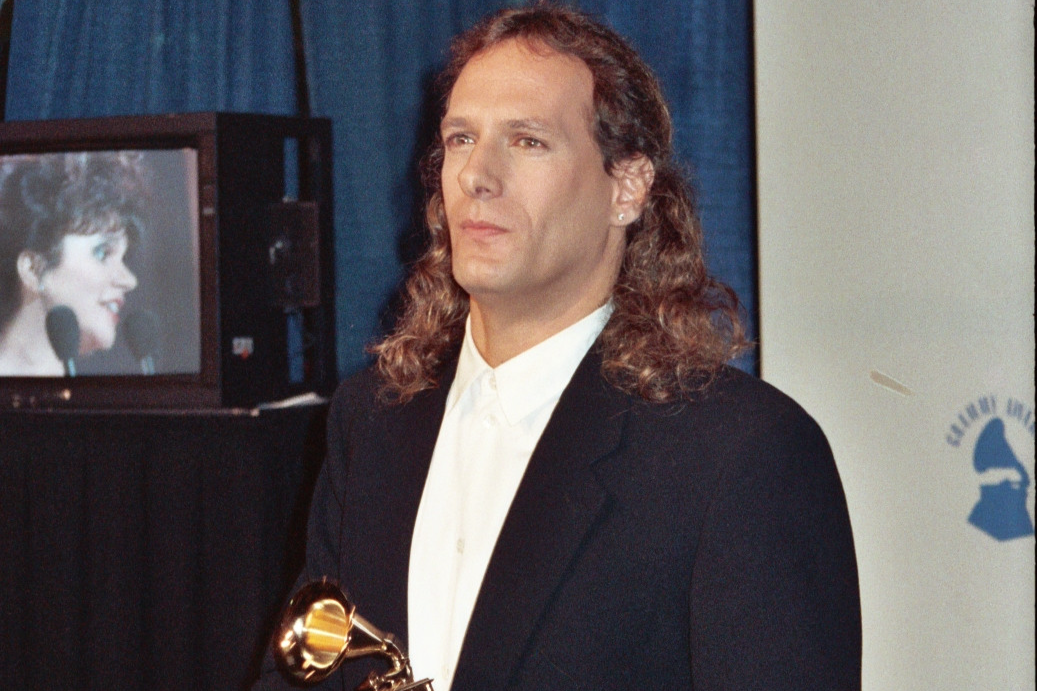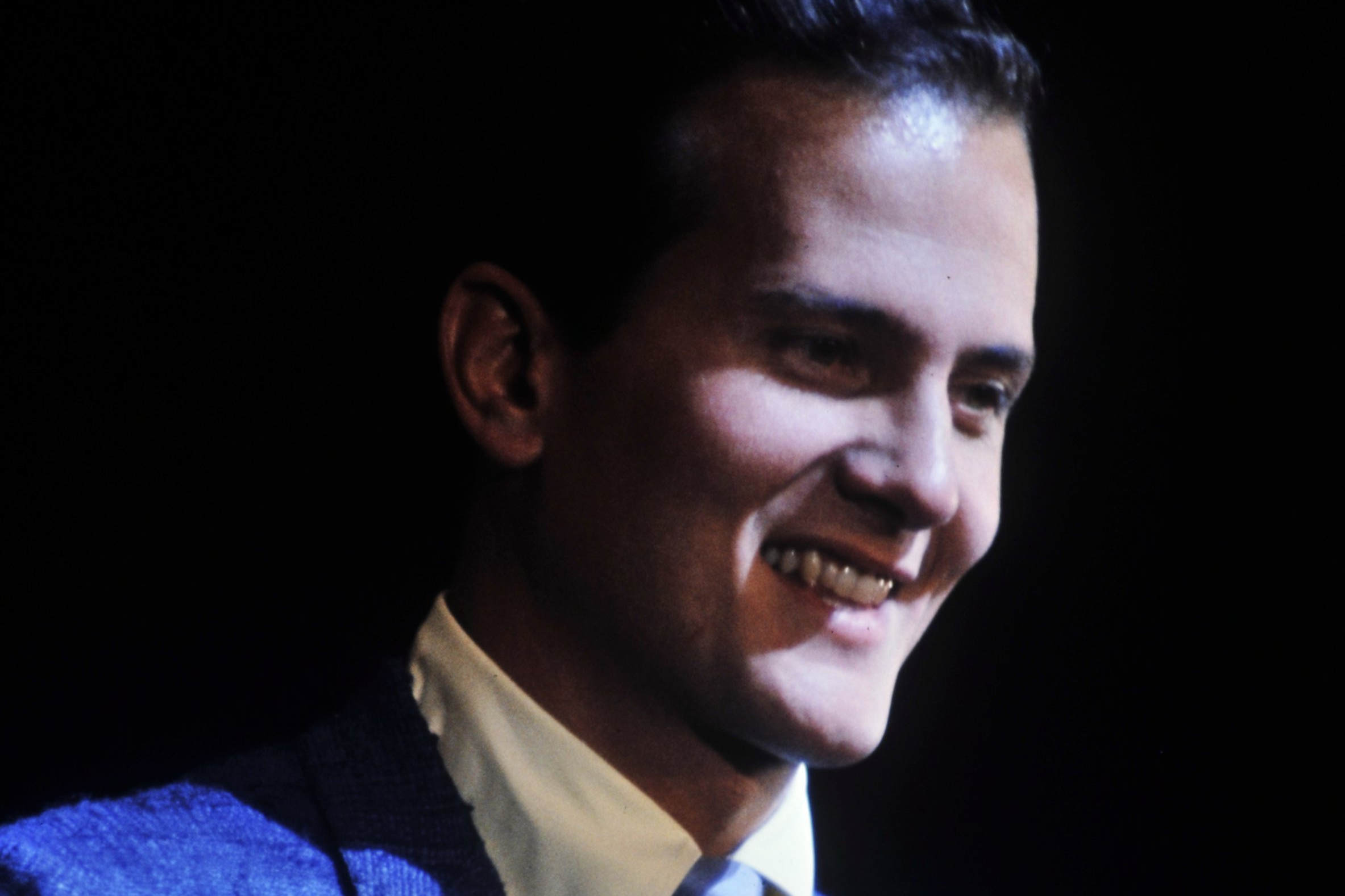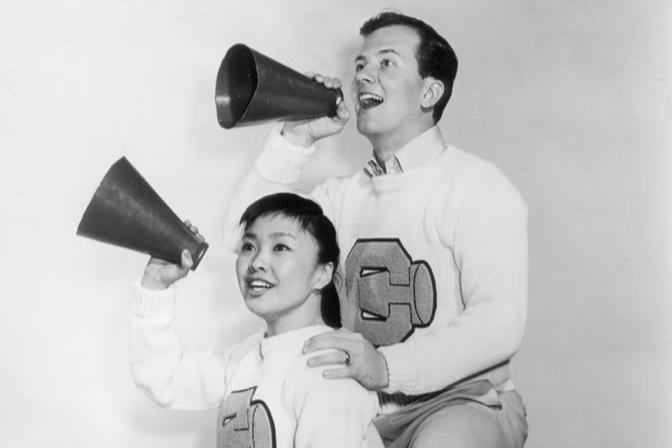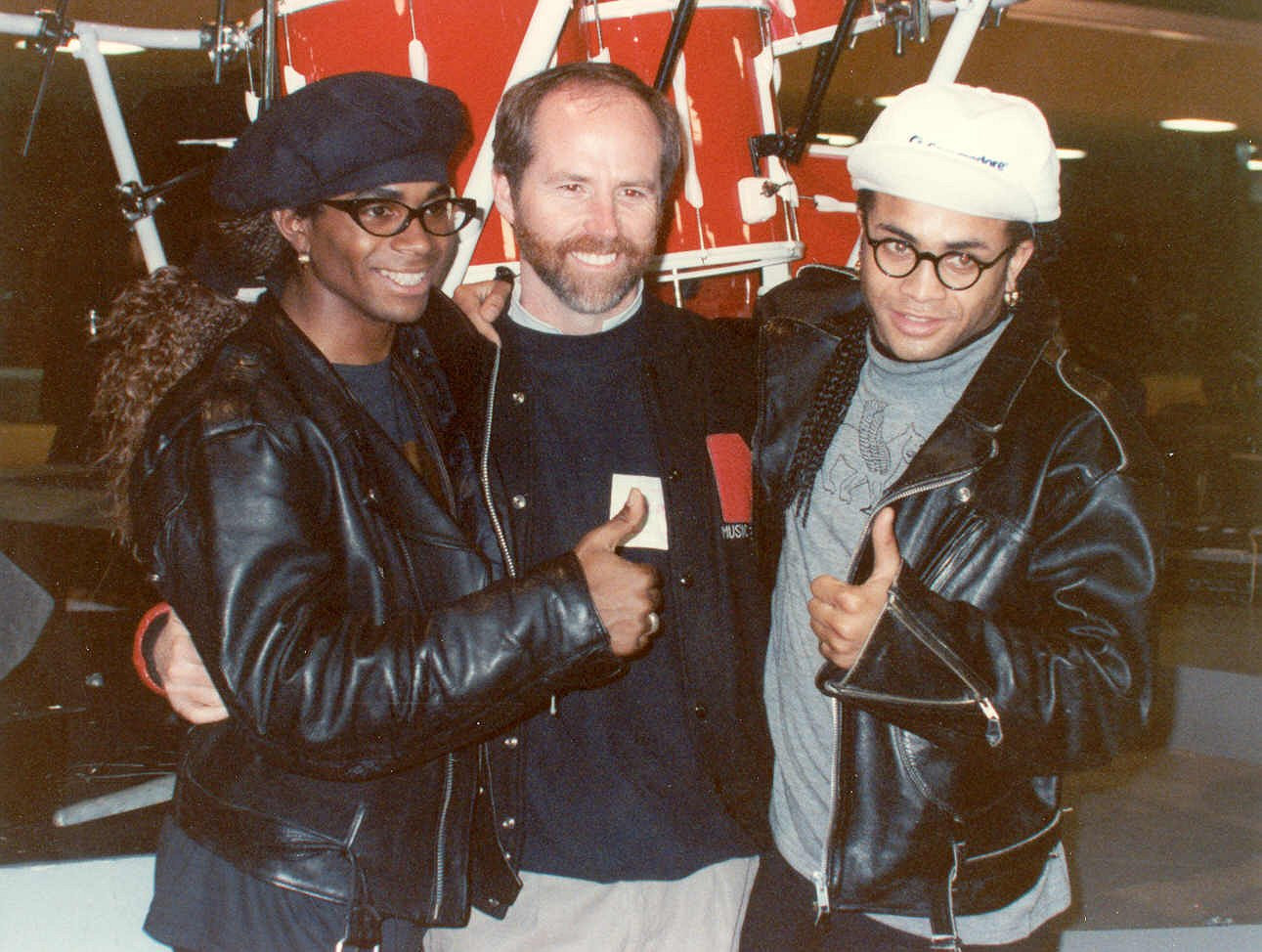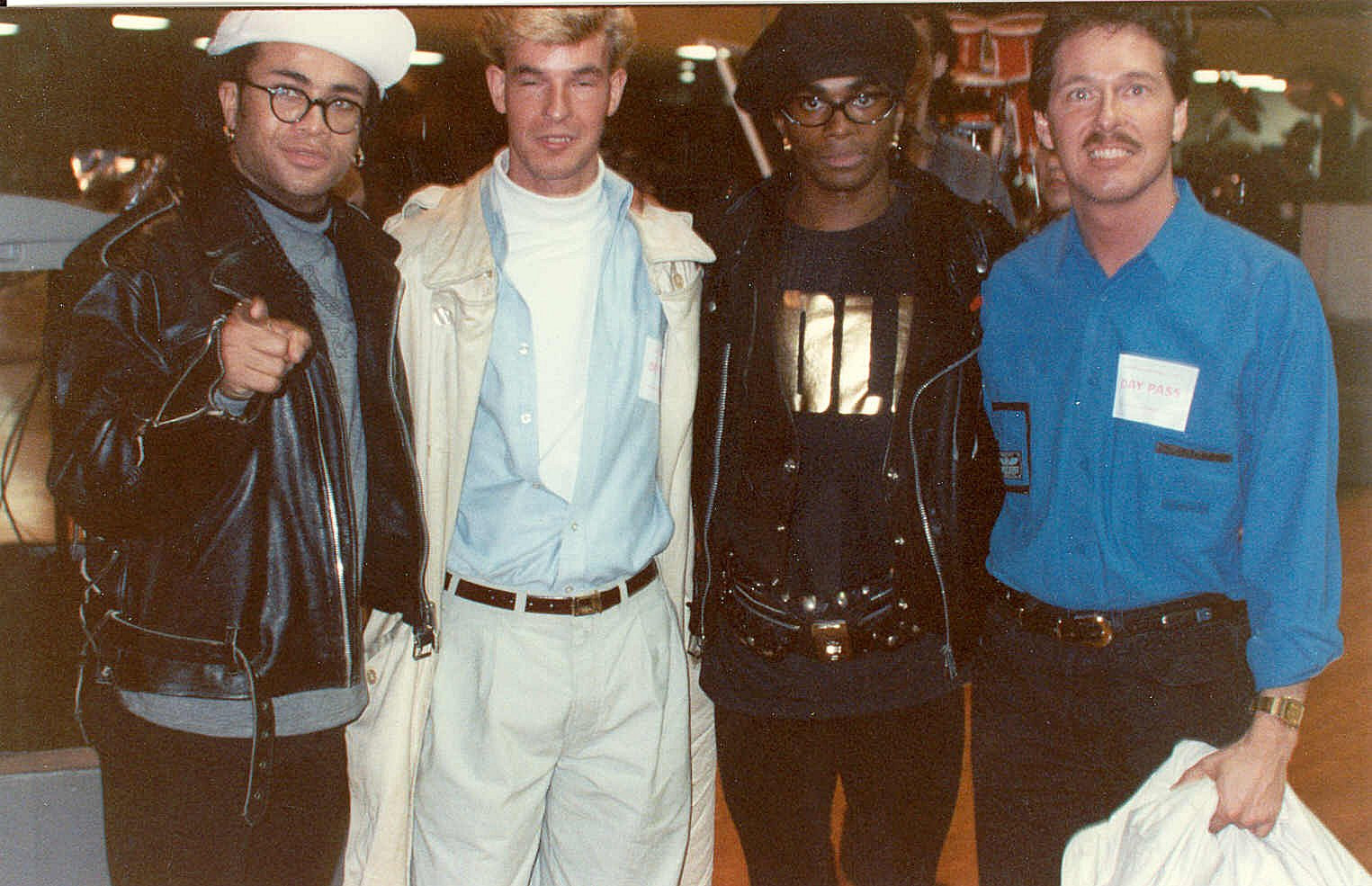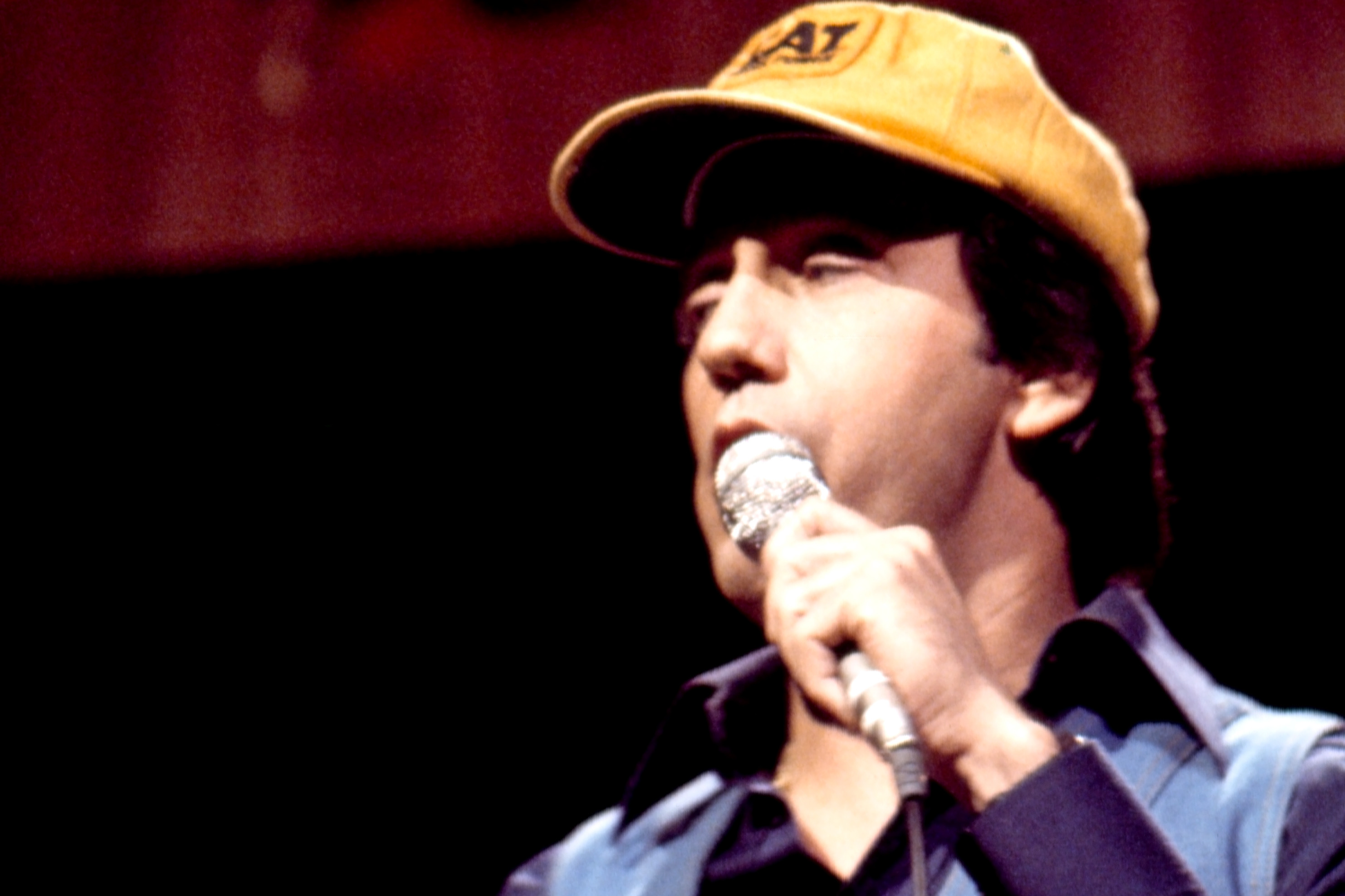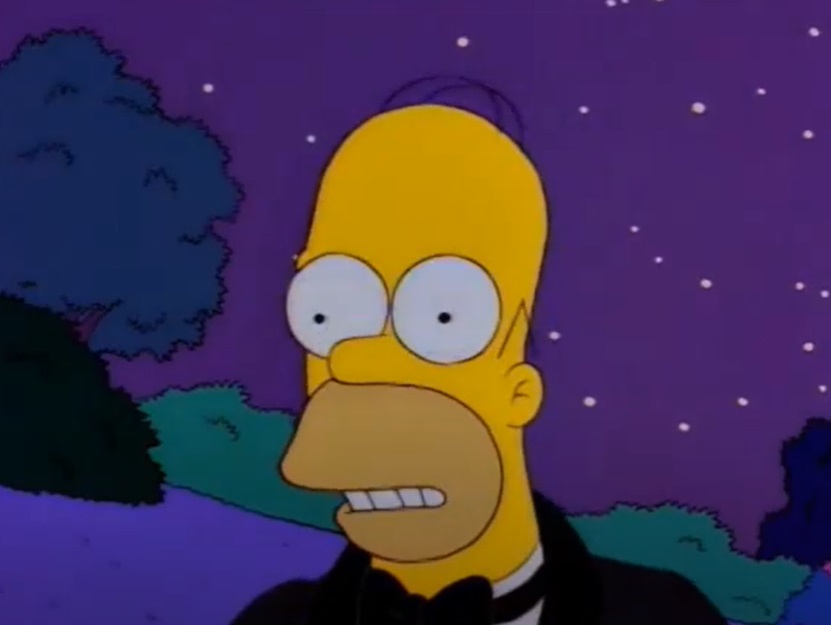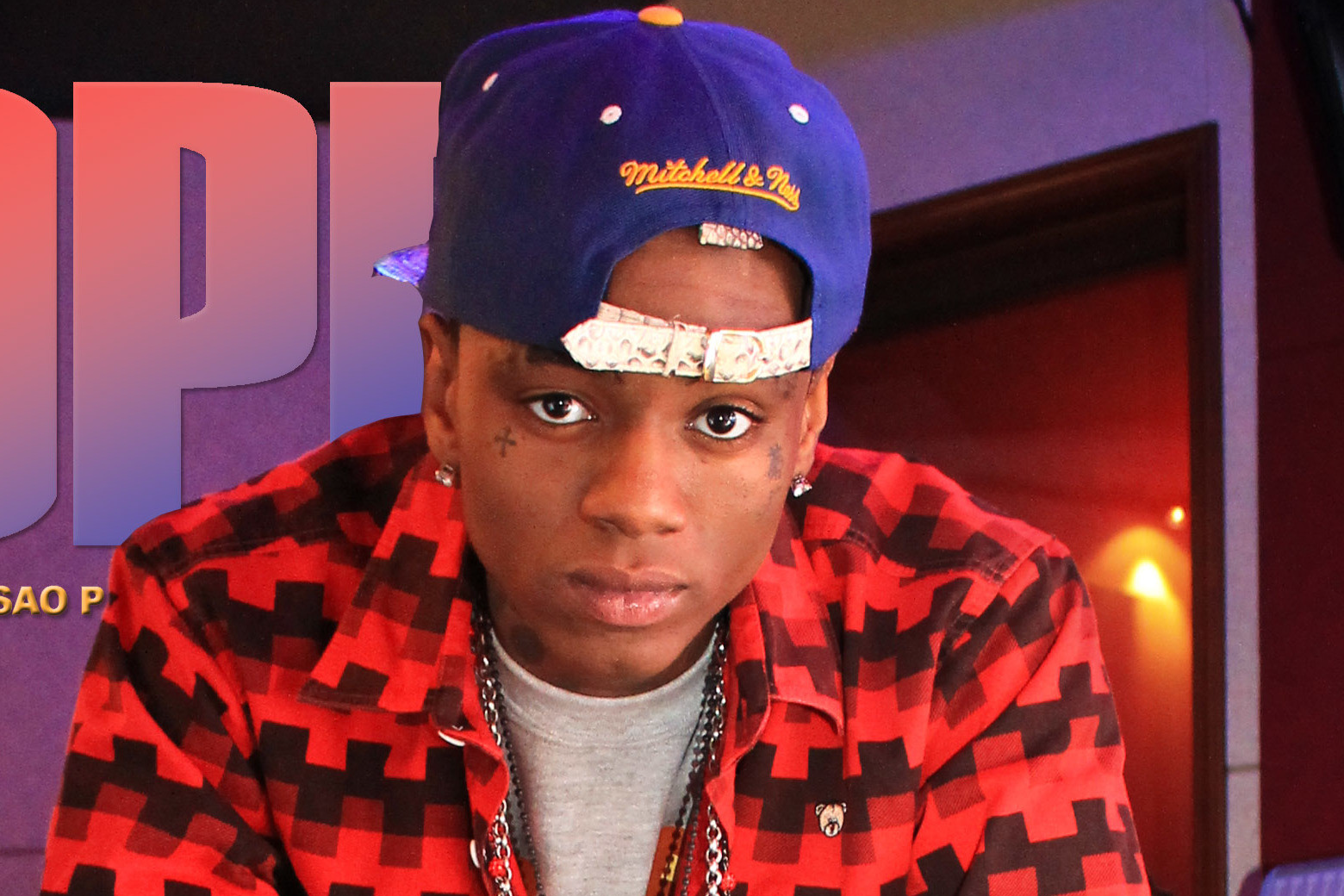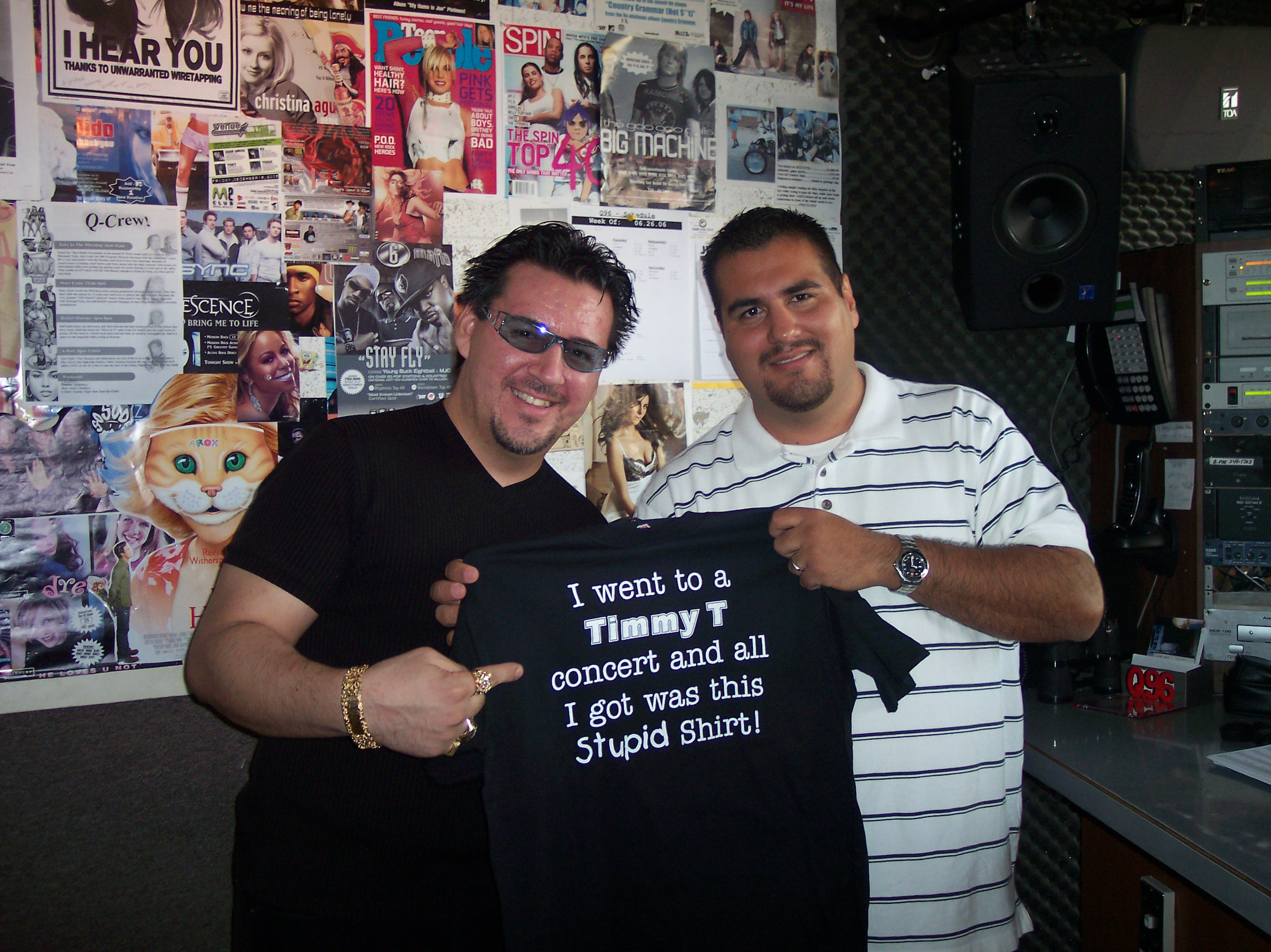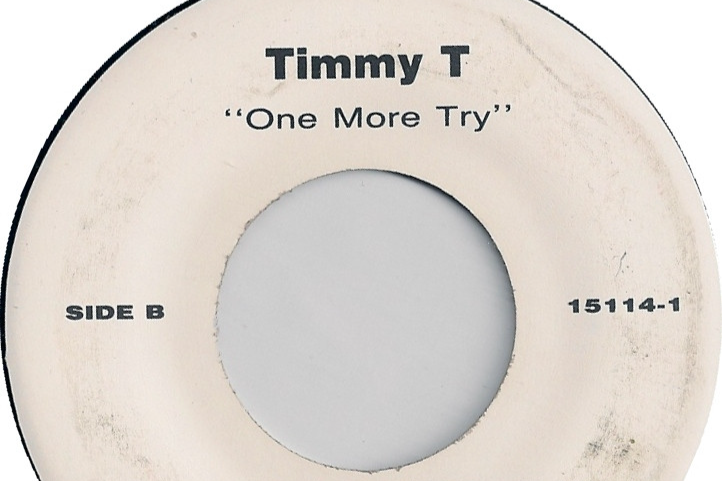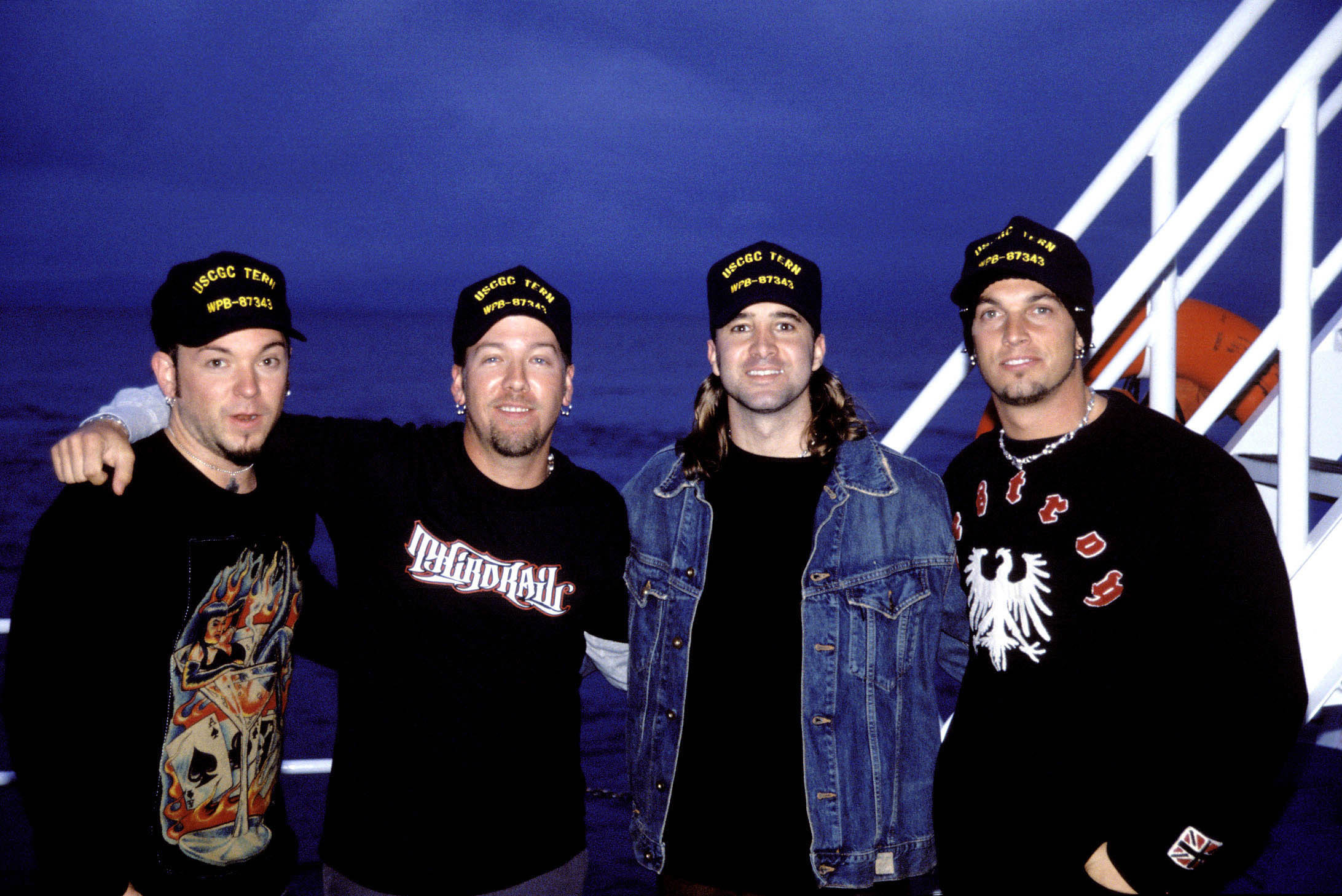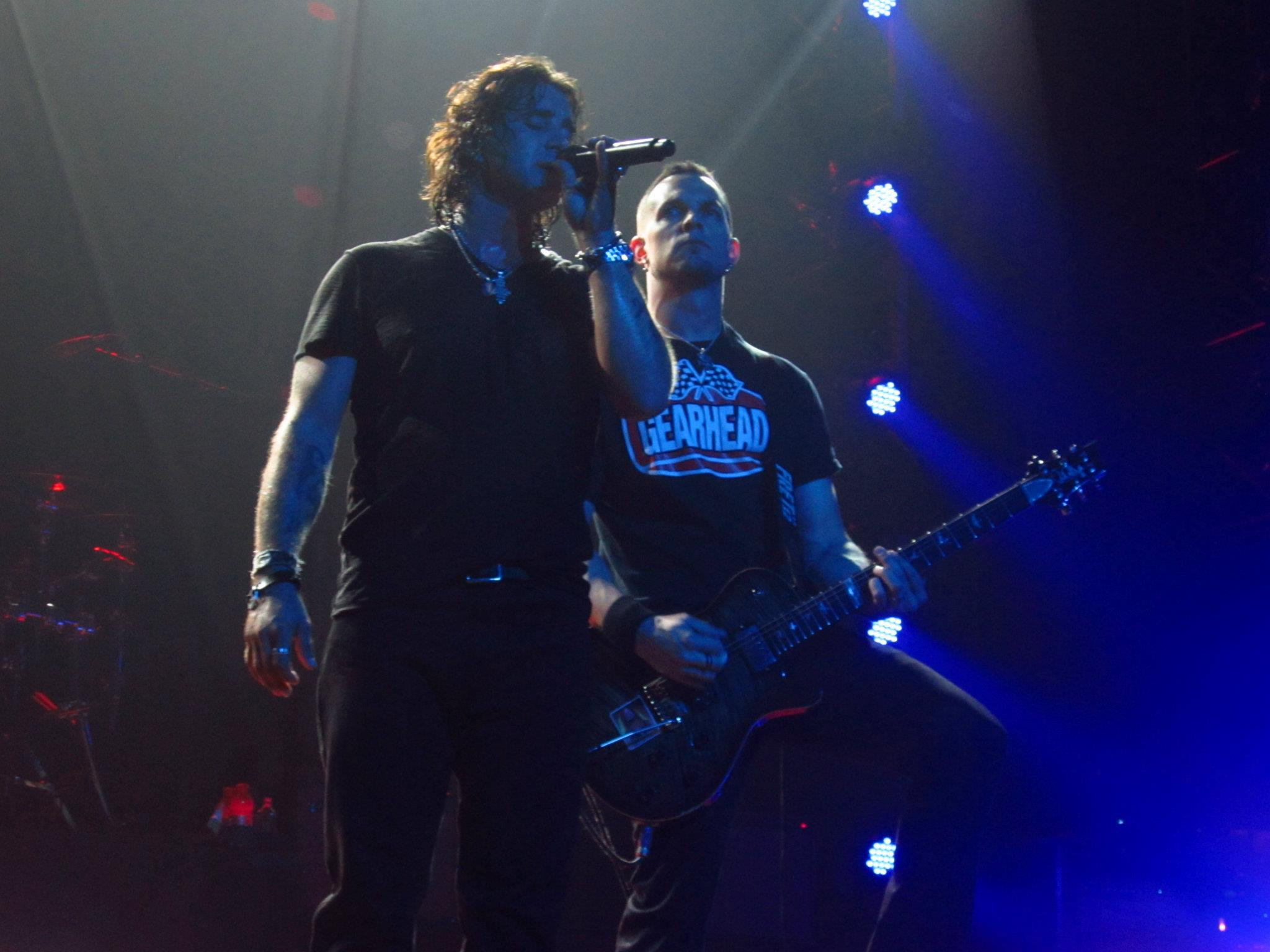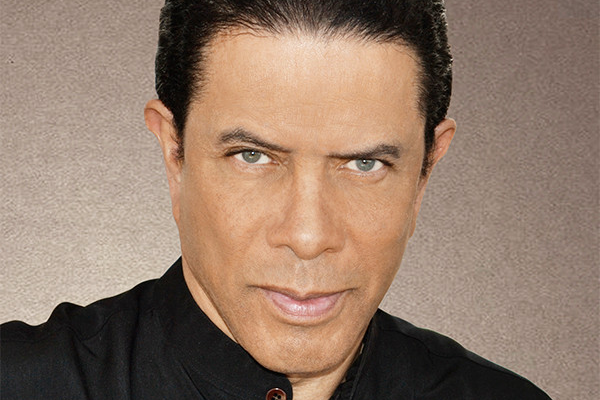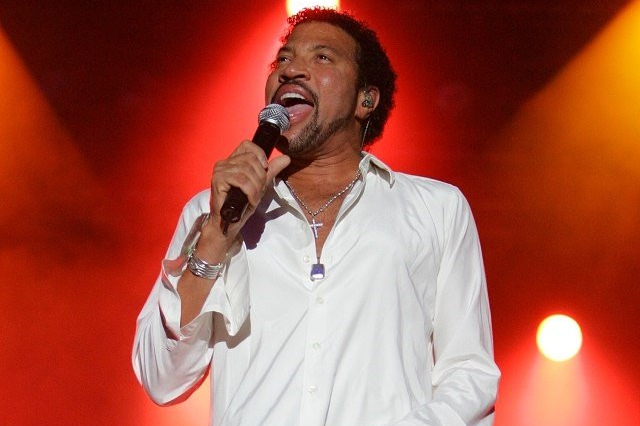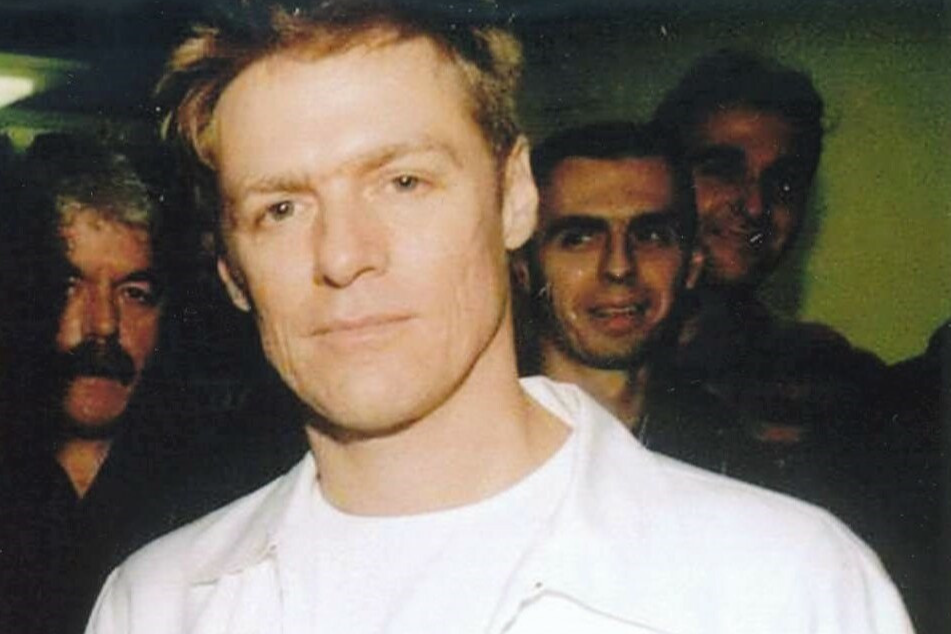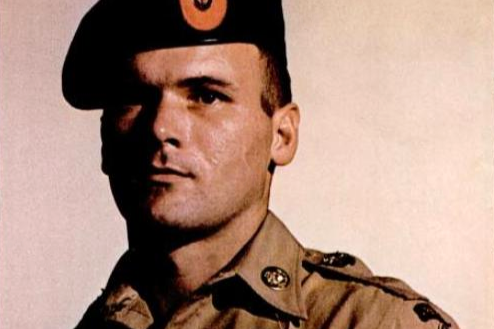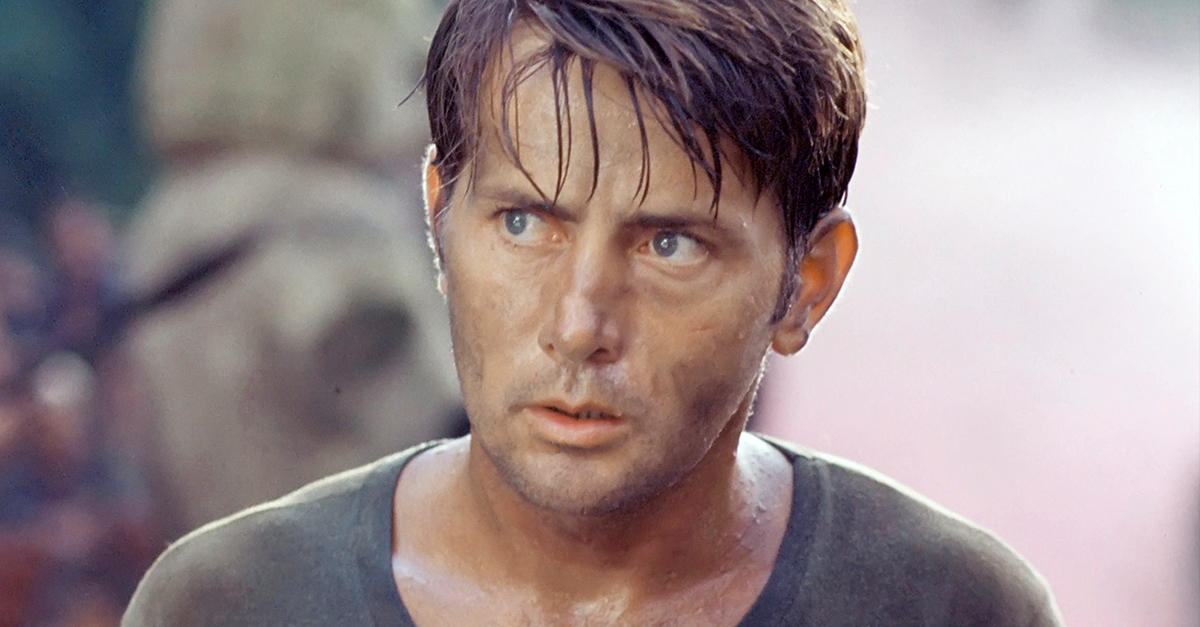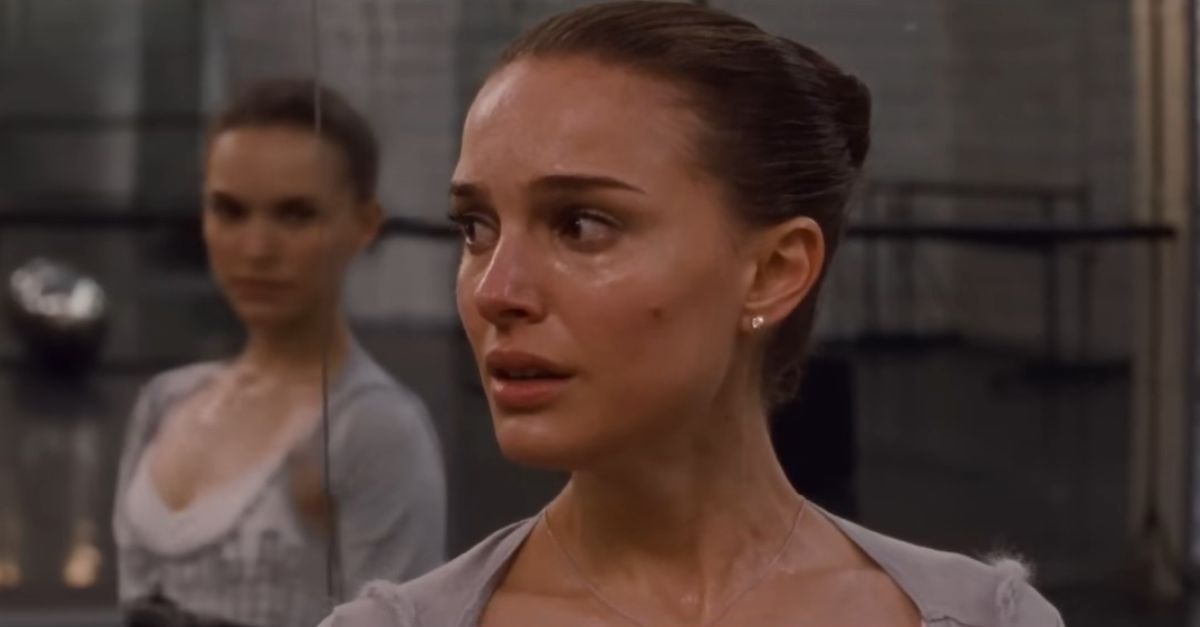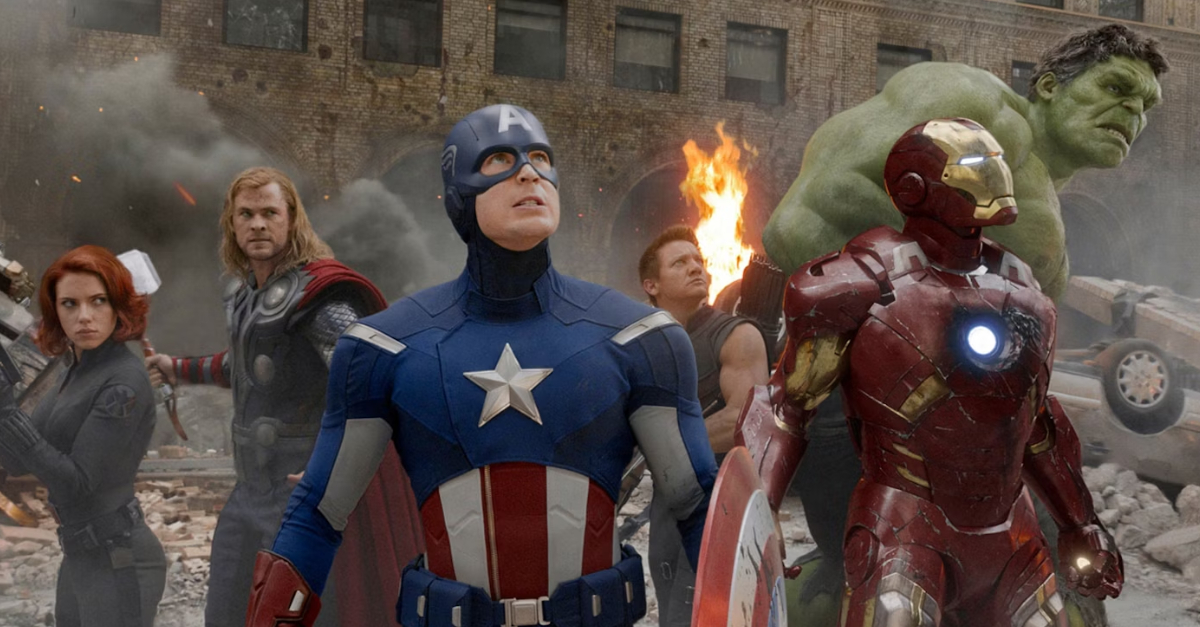Can You Believe These Hit The Top?
Every week since August 4, 1958, Billboard Hot 100 has revealed what songs are the most popular—including which songs are being played so much that they hit number one. The best songs always win, right? Well…take a look at these songs that we just can’t believe made it to the top of the charts.
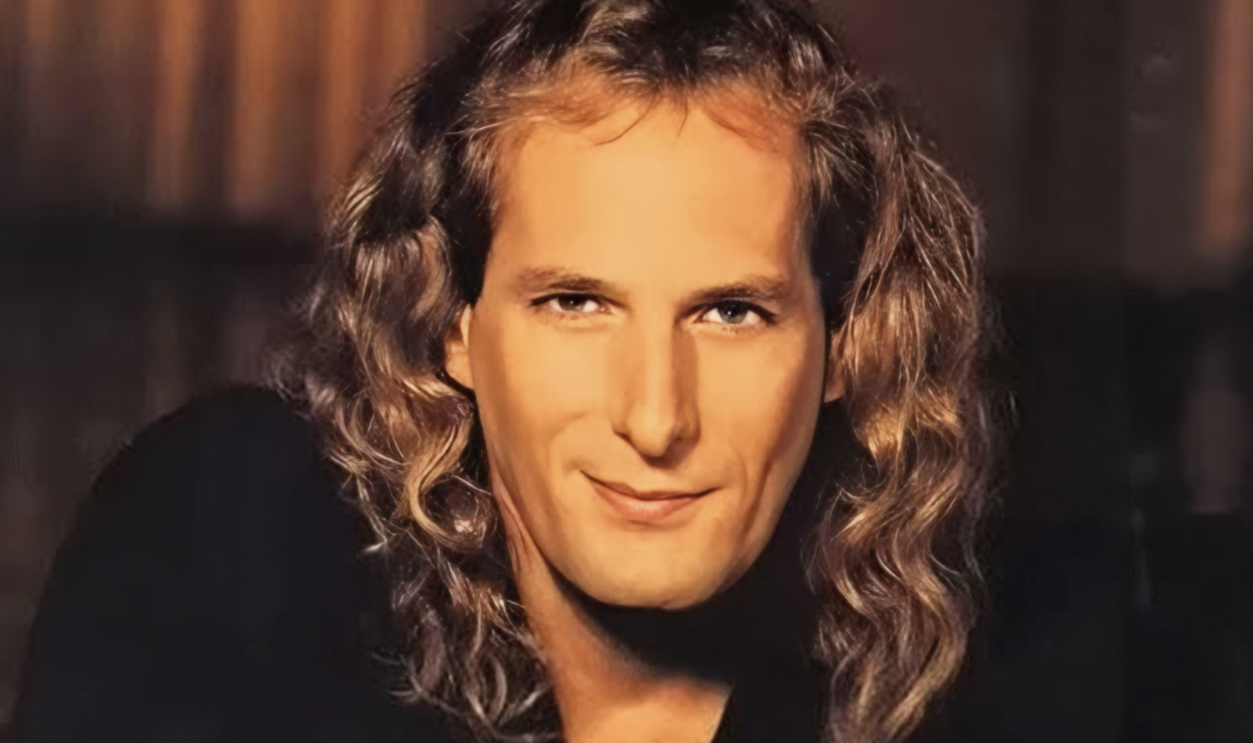
“How You Remind Me” By Nickelback
It’s popular to hate Nickelback, we all know that. And even though “How You Remind Me” is far from the worst song Nickelback has ever made, many blame it for launching them to fame and encouraging them to sell out with songs far worse than this one. But how did the band craft this chart topper?
“How You Remind Me” By Nickelback
Believe it or not, this song was a revenge song.
Chad Kroeger, the lead singer, ran down to his basement after an argument with his girlfriend of the time, turned on his microphone, and started recording himself "shout-singing" passive-aggressive lyrics loud enough for his girlfriend to hear upstairs. After about an hour, he said he had the whole song finished. Apparently, his girlfriend said she liked it.
“Baby I Love Your Way/Freebird Medley” By Will To Power
“Baby I Love Your Way/Freebird Medley” is a cheesy mash-up of Peter Frampton’s “Baby I Love Your Way” and Lynyrd Skynyrd’s “Freebird”. Somehow, this cover by Will to Power hit number one, while the two original songs it mashed together hit only spots 12 and 19 respectively.
Does 12+19=1? It did for Will to Power.
“Baby I Love Your Way/Freebird Medley” By Will To Power
If you’re wondering why you haven’t heard much more from Will to Power, that’s because they didn’t have the power to will anything else to number one. Will to Power was voted by VH1 as number 97 on their countdown of 100 Greatest One Hit Wonders of the 80s.
“When A Man Loves A Woman” By Michael Bolton
Michael Bolton’s cover of “When a Man Loves a Woman” not only hit number one, but he also received a Grammy Award for it. The Percy Sledge original “When a Man Loves a Woman” thankfully also hit number one, because if it hadn’t, and Bolton’s cover had, we would have to question how the Hot 100 is charting the hits.
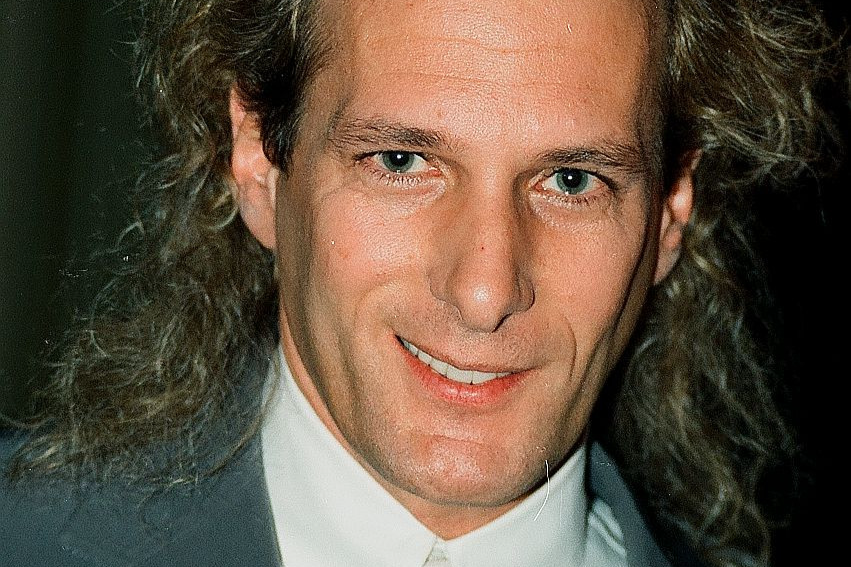 John Mathew Smith & www.celebrity-photos.com on Wikimedia
John Mathew Smith & www.celebrity-photos.com on Wikimedia
“When A Man Loves A Woman” By Michael Bolton
Bolton’s cover version is the last song to chart on the old charting system that Billboard used to use, which relied on airplay reports and calling stores to ask about their sales. After this cover song, Billboard started using Nielsen SoundScan, a much more reliable way to track those hits.
“Moody River” By Pat Boone
Originally written and performed by Chase Webster, Pat Boone covered “Moody River” in May 1961 and it hit the top of the charts the very next month. While recording, Boone changed one of the lyrics from “sharpest” to “vainest” so he wouldn’t cause a popping sound on the P.
“Moody River” By Pat Boone
“Moody River” is a song with a plot, though a sad one at that. It details a man who discovers a note that his love left for him. The note reveals the painful truth of her unfaithfulness and her untimely departure. Truly a sad, and perhaps uncomfortable, story. But Boone’s legacy wasn't finished there.
“You Light Up My Life” By Debby Boone
Pat Boone’s daughter, Debby Boone, released her cover of “You Light Up My Life” in 1977. Boone’s version held on to the number one spot on the charts for 10 weeks in a row.
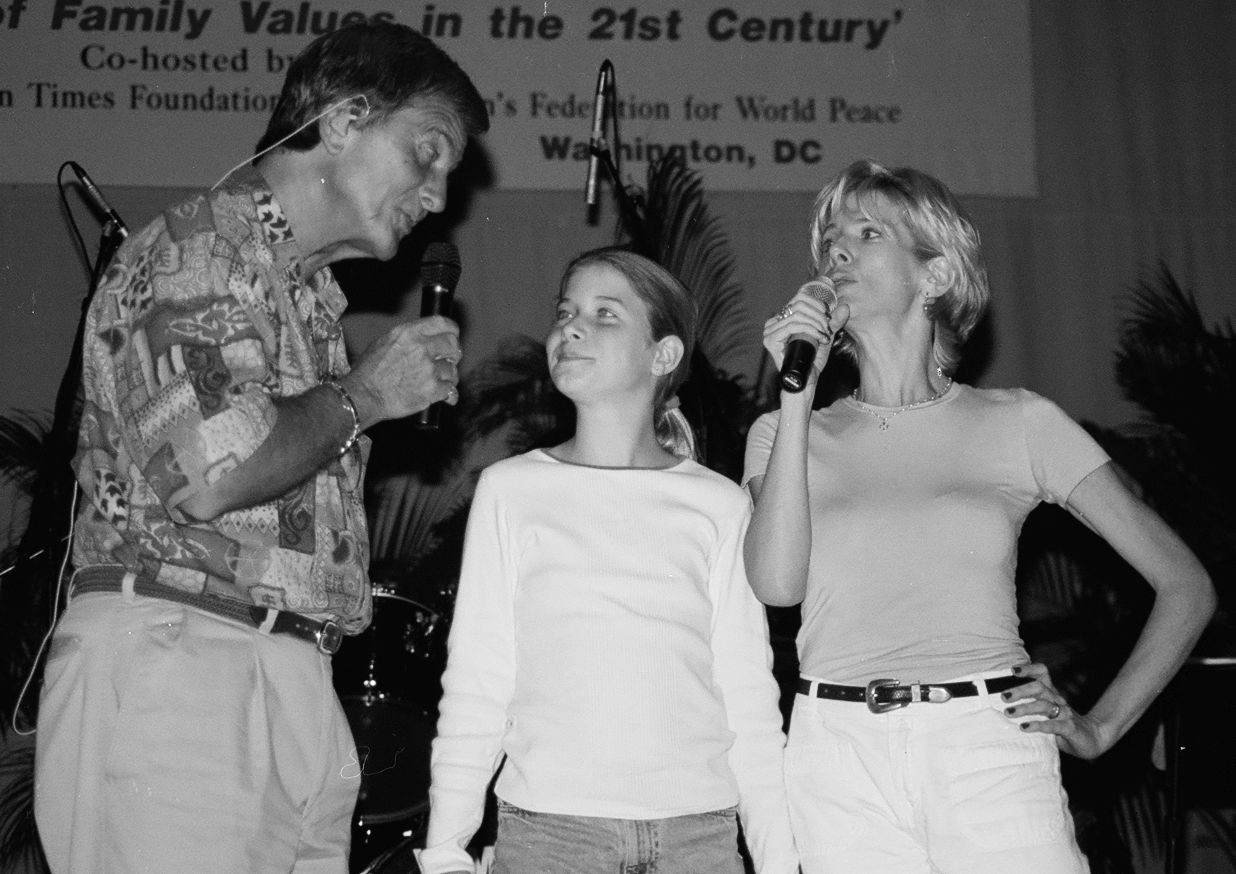 John Mathew Smith & www.celebrity-photos.com on Wikimedia
John Mathew Smith & www.celebrity-photos.com on Wikimedia
“You Light Up My Life” By Debby Boone
The 1977 film You Light Up My Life featured the original song, written by Joseph Brooks and recorded by Kasey Cisyk. How much work did Boone put into her cover? Reportedly, she only recorded her vocals over an instrumental track that Brooks had already created for the film.
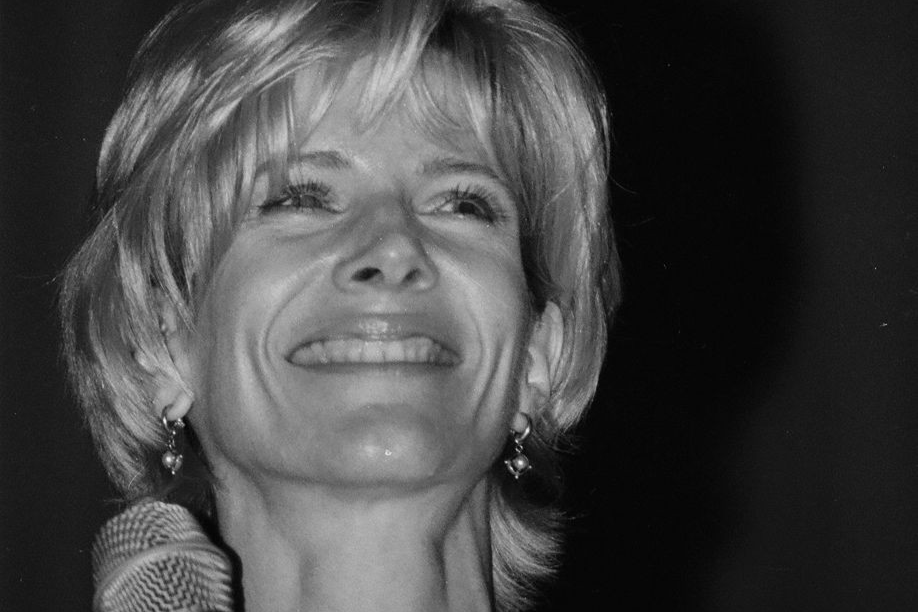 John Mathew Smith & www.celebrity-photos.com from Laurel Maryland, USA on Wikimedia
John Mathew Smith & www.celebrity-photos.com from Laurel Maryland, USA on Wikimedia
“Laffy Taffy” By D4L
In 2006, what could help a song hit number one? The Internet. “Laffy Taffy” by D4L was selling like…well, like Laffy Taffy online, and its enormous sales helped rocket it to first place. Who wrote the hit? The answer is quite controversial.
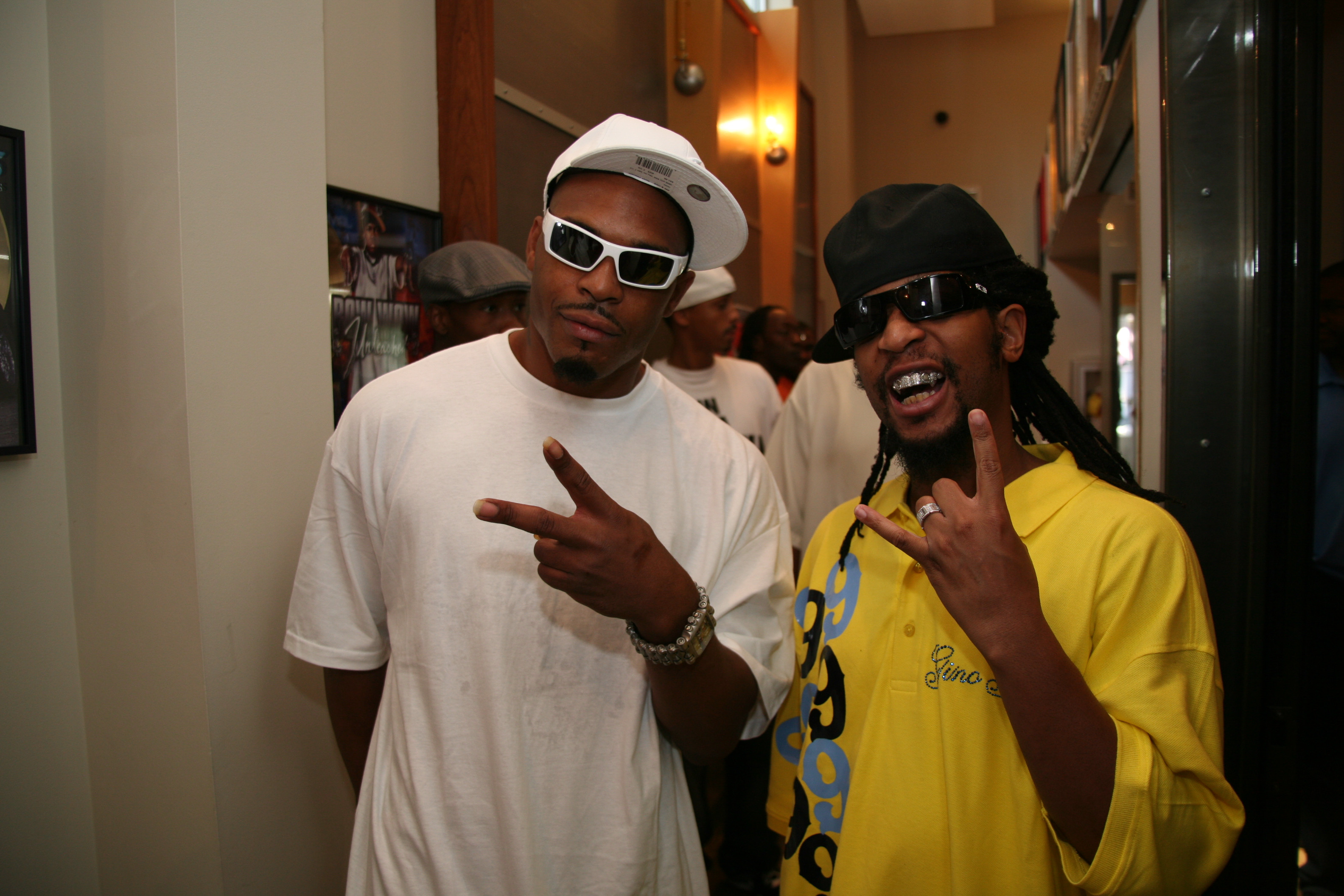 Gamerscore Blog from USA on Wikimedia
Gamerscore Blog from USA on Wikimedia
“Laffy Taffy” By D4L
Rapper Liam “Smack Eyes” Thomas has gone on record saying that D4L stole the lyrics from a rhyme book of his. That isn’t the only controversy surrounding D4L. Purists in the hip-hop community feel that their genre of "snap music" has brought unwanted simplicity and dullness to hip-hop’s reputation.
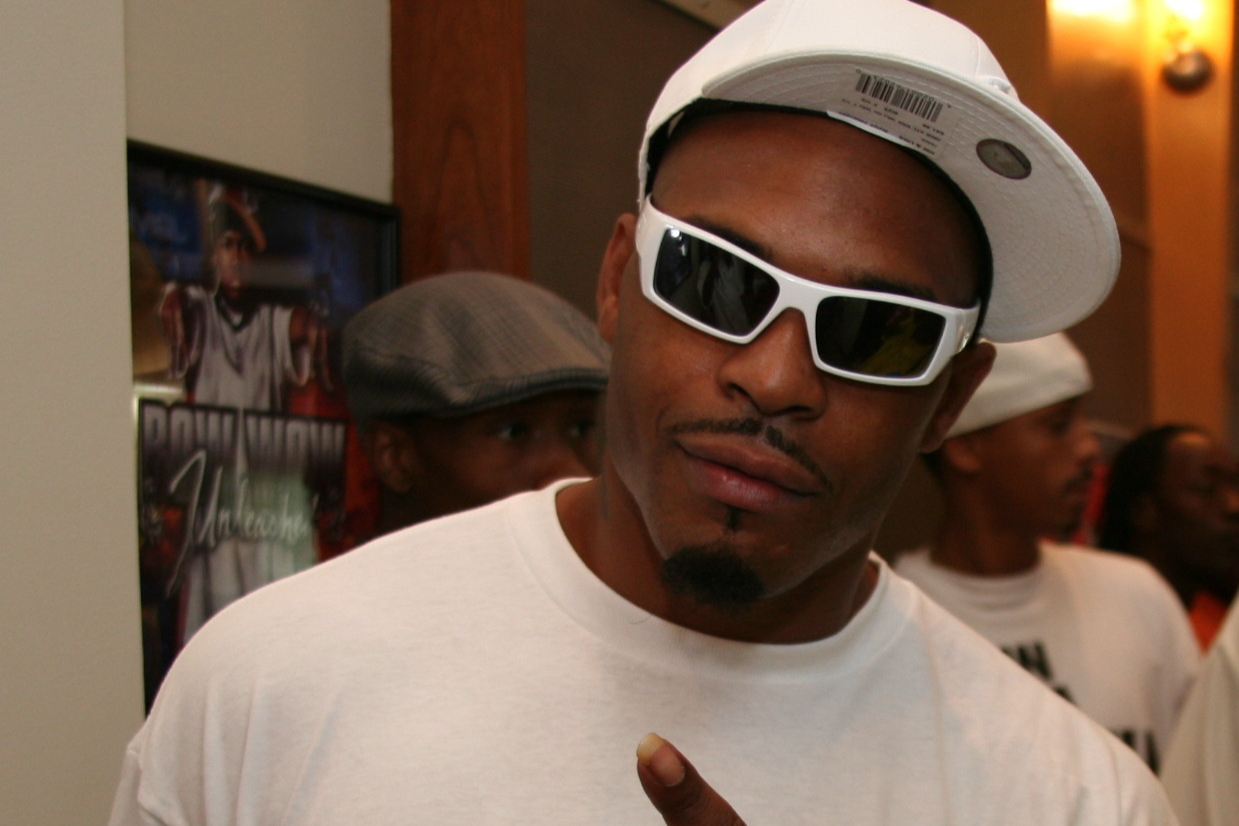 Gamerscore Blog from USA on Wikimedia
Gamerscore Blog from USA on Wikimedia
“London Bridge” By Fergie
“London Bridge” hit the number one spot on the charts, becoming Fergie’s second best-selling song in the US. The song was a single from Fergie’s debut album, The Dutchess, her first time going solo without the Black Eyed Peas. The critics, however, did not fall instantly in love with the track.
 Hunter KahnOriginal uploader was Hunter Kahn at en.wikipedia on Wikimedia
Hunter KahnOriginal uploader was Hunter Kahn at en.wikipedia on Wikimedia
“London Bridge” By Fergie
Rolling Stone claimed that “London Bridge” was merely a rip-off of Gwen Stefani’s “Hollaback Girl”, released a year earlier. Credit is however given to Tower of Power’s “Down to the Nightclub” since Fergie’s song features samples from the track.
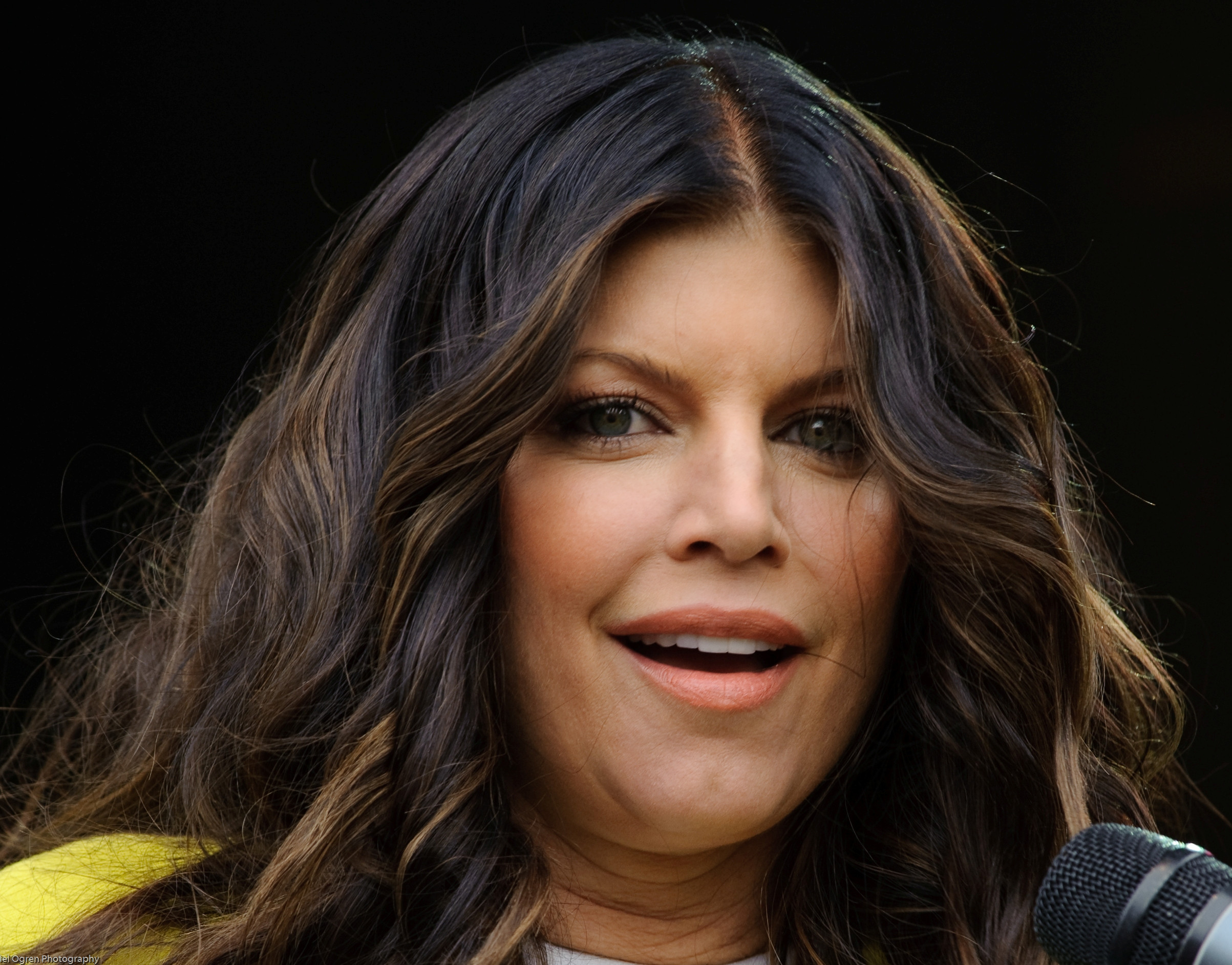 Daniel Ogren at https://www.flickr.com/photos/fast50 on Wikimedia
Daniel Ogren at https://www.flickr.com/photos/fast50 on Wikimedia
“Baby Don’t Forget My Number” By Milli Vanilli
The story of the insidious puppet masters behind Milli Vanili is quite shocking. Two lip-syncers, forced to “sing” and dance along to the pre-recorded hit “Baby Don’t Forget My Number” hit number one, with no one the wiser. But secrets hidden often become truths exposed.
“Baby Don’t Forget My Number” By Milli Vanilli
During a live show on July 21, 1989, the backing track began to skip, leaving the two performers, Fab Morvan and Rob Pilatus, scrambling. It was then revealed that Frank Farian had been pulling the strings the whole time. The public doesn’t fault Morvan or Pilatus, for they were under the fierce control of Farian, who had taken advantage of them, promising them fame if they continued to do his bidding.
“Everything Is Beautiful” By Ray Stevens
A serious and spiritual song from Ray Stevens, “Everything Is Beautiful” allowed him to pursue more serious music for a while before eventually returning to his comedy and novelty songs. This song calls for tolerance and non-judgment between people of all kinds.
“Everything Is Beautiful” By Ray Stevens
Written by Stevens, the recording includes children from Oak Hill Elementary School singing the hymn “Jesus Loves the Little Children”. “Everything Is Beautiful” has become a mainstay in many religious musical performances.
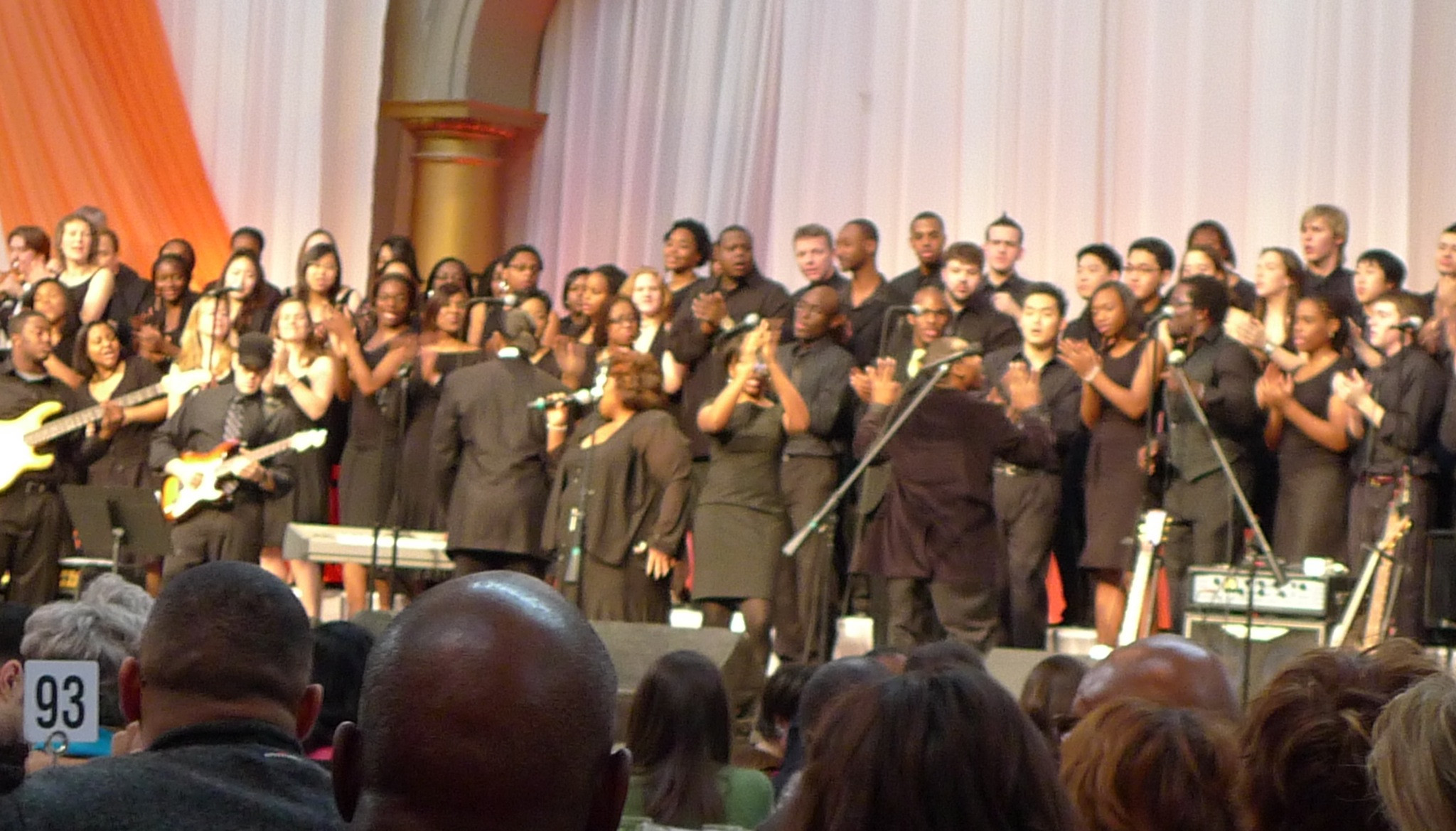 Ann Larie Valentine from San Francisco, CA, USA on Wikimedia
Ann Larie Valentine from San Francisco, CA, USA on Wikimedia
“Afternoon Delight” By Starland Vocal Band
How did “Afternoon Delight” by Starland Vocal Band ever make it to number one? The song also managed to win the Grammy Award for Best Arrangement for Voices. This folk-pop hit appeared on more than just the radio.
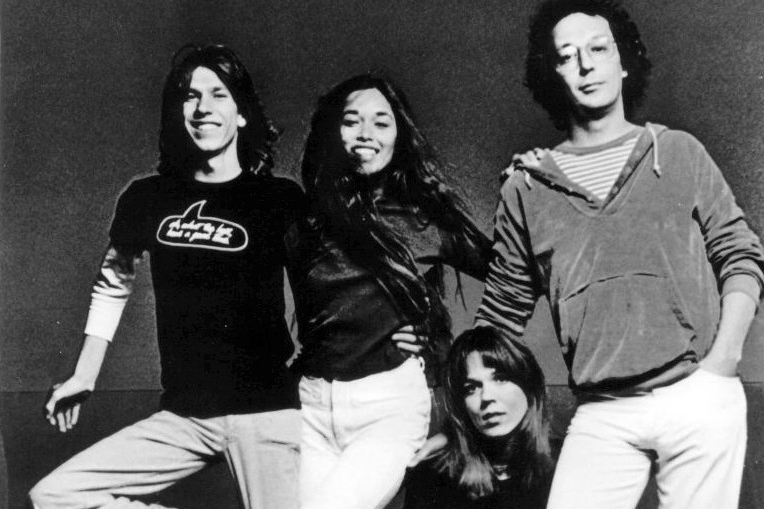 Windsong/RCA Records on Wikimedia
Windsong/RCA Records on Wikimedia
“Afternoon Delight” By Starland Vocal Band
“Afternoon Delight” wasn’t just kept to the radio, as it has appeared in TV shows like The Simpsons, South Park, and was even covered in the series Glee by the cast members. Bill Danoff, one of the members of Starland Vocal Band, says that he got the name for the song from a happy hour menu at a restaurant.
“Crank That” By Soulja Boy
Called “the biggest dance fad since the Macarena”, “Crank That” by Soulja Boy hit the top of the charts and stayed there for seven weeks. Thanks to the Internet, the song sold 3 million digital copies—setting a first-ever record. But the song wasn’t only a song—it came with a dance, too.
“Crank That” By Soulja Boy
The Soulja Boy dance was huge. By early 2008, a YouTube video detailing instructions for the dance had hit over 27 million views. About the raging online success, Soulja Boy stated: “I showed you how to get famous from your bedroom on the internet! They’ll talk about it in history books later”. Or at the very least on the Internet.
“One More Try” By Timmy T
Written by Timmy T after a breakup with a girlfriend, “One More Try” hit the top on March 23, 1991. While Timmy T has been called "about as interesting as a tumbleweed" and “One More Try” was criticized for its cliche use of lyrical tropes, there was something especially noteworthy about its chart-topping success.
“One More Try” By Timmy T
Most artists are signed to an official (and huge) record label to ensure they get heard. That’s what was interesting about Timmy T and his song “One More Try”. It was the first song since Lionel Richie’s “Truly” from 1982 to hit number one on the Hot 100 while signed with an independent record label.
“With Arms Wide Open” By Creed
Creed—no not the character from The Office, but the band—released “With Arms Wide Open” and hit number one in 2000. Creed has been likened to a poor man’s Nickelback, but that didn’t stop Scott Stapp and Mark Tremonti from winning the Grammy Award for Best Rock Song.
“With Arms Wide Open” By Creed
Scott Stapp has said that while listening to guitarist Mark Tremonti playing chords at a soundcheck, Stapp came up with a melody and lyrics, started singing along, and the whole song was birthed within 15 minutes. The inspiration for the lyrics? Stapp found out that he was going to be a father.
“Shake You Down” By Gregory Abbott
Billboard classed “Shake You Down” by Gregory Abbott as the number three song for all of 1987, and it also hit the number one spot on January 17, 1987. While its lyrics have been accused of being "creepy", that didn’t stop the song’s upward trajectory.
“Shake You Down” By Gregory Abbott
“Shake You Down” was Abbott’s best-ever hit. The Recording Industry Association of America (RIAA) certified the song as platinum, which as of 1987 meant that the single sold 2 million units.
“Hello” By Lionel Richie
Lionel Richie wrote “Hello” and it hit number one in 1984. Known for its popular line, “Hello, is it me you’re looking for”?, the song almost stopped right there. Richie at first felt the song was “corny”, but has said that when he finished the verse, he once again loved the song. But maybe there was a reason he was nervous. ..
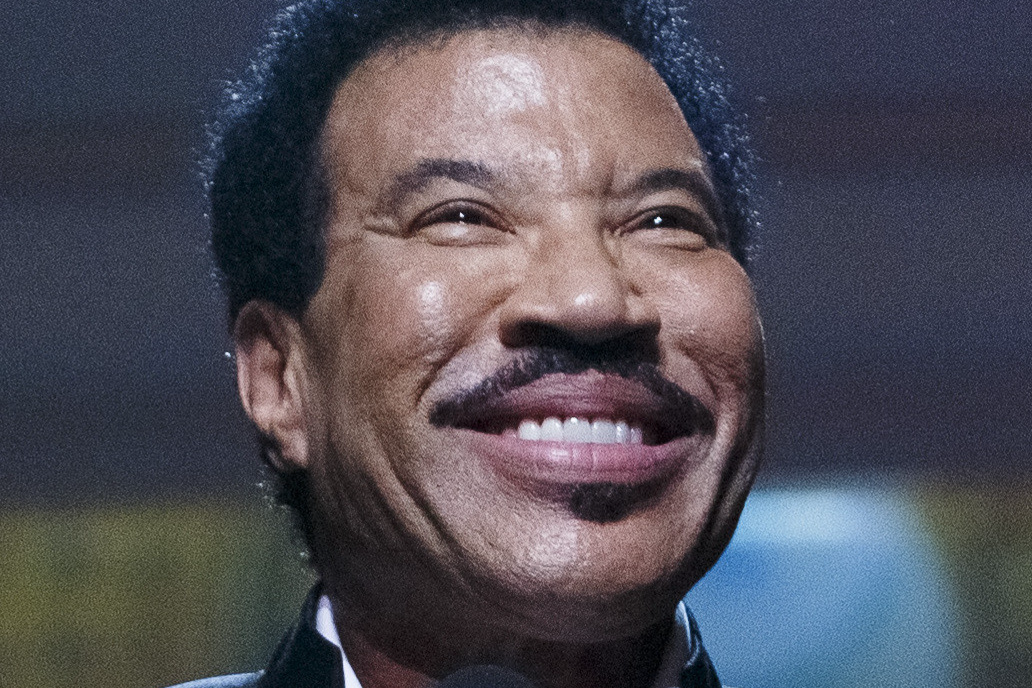 Shawn Miller/Library of Congress on Wikimedia
Shawn Miller/Library of Congress on Wikimedia
“Hello” By Lionel Richie
Marjorie Hoffman White later subjected Richie to a lawsuit, claiming he had plagiarized her 1978 song “I’m Not Ready to Go”. However, Richie won the case, and kept the songwriting credit for “Hello”.
“(Everything I Do) I Do It For You” By Bryan Adams
Selling over 15 million copies worldwide, “(Everything I Do) I Do It for You” charts not just as Bryan Adams' most successful song of all time, but as one of the best-selling singles of all time. Then again, it had an interesting leg up.
“(Everything I Do) I Do It For You” By Bryan Adams
The 1991 film Robin Hood: Prince of Thieves featured “(Everything I Do) I Do It for You”. No doubt this heavily contributed to the song’s massive exposure. While the single version of the song was edited down to be just over four minutes long, the movie version is a full six-and-a-half minutes in length.
“Glory Of Love” By Peter Cetera
Peter Cetera’s first solo outing after leaving the band Chicago was “Glory of Love”. The song went straight to number one. But the reason Cetera originally wrote the song is a bit peculiar.
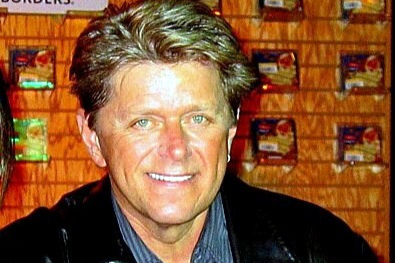 RPrinter at English Wikipedia on Wikimedia
RPrinter at English Wikipedia on Wikimedia
“Glory Of Love” By Peter Cetera
Cetera originally wrote “Glory of Love” to be featured in Rocky IV (1985). However, the producers rejected it after hearing it. Later, Cetera likely felt redeemed when the song was used in the movie
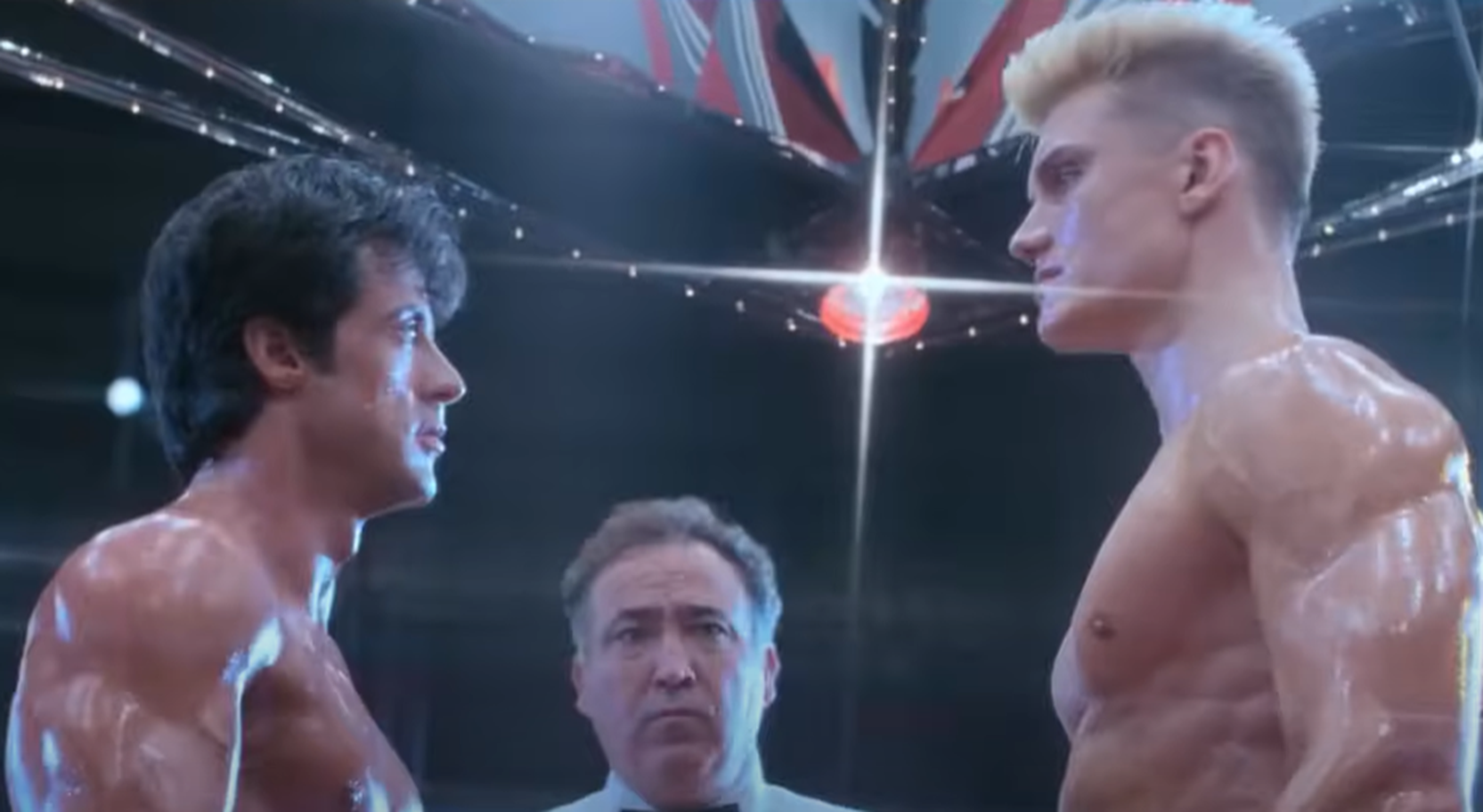 United Artists, Rocky Iv (1985)
United Artists, Rocky Iv (1985)
“You’re Sixteen” By Ringo Starr
A cover performed by the former Beatles drummer Ringo Starr managed to hit number one even though the original didn’t. Initially, Ringo’s version of the song was celebrated, but some retrospective commentary revealed something sinister about the song’s theme and Ringo’s choice in performing it.
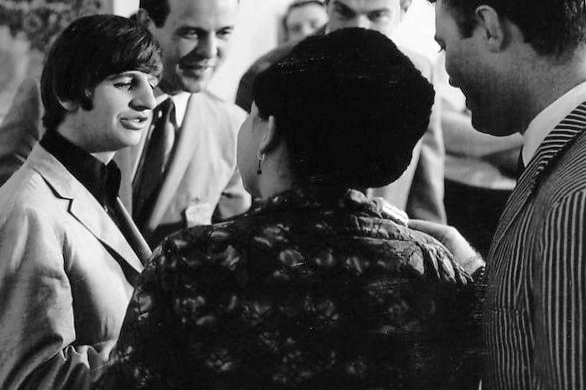 Photographer: Bill Mitchell, New York City. on Wikimedia
Photographer: Bill Mitchell, New York City. on Wikimedia
“You’re Sixteen” By Ringo Starr
Originally written by the Sherman Brothers and performed by Johnny Burnette, the creepiness is revealed right there in the title of the track. While some have defended Ringo since he didn’t write the song, Tom Breihan of
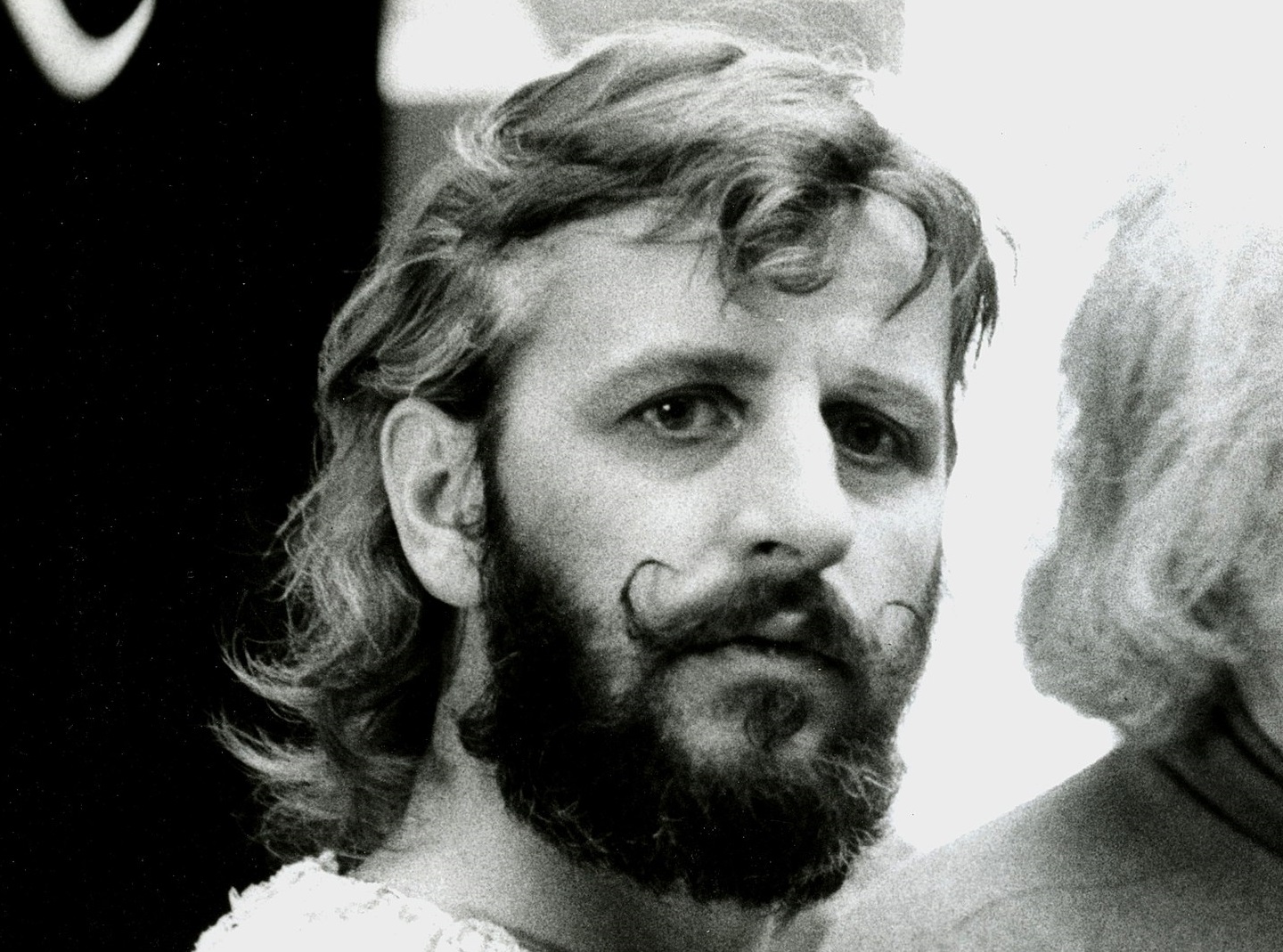 Rossano aka Bud Care, CC BY 2.0, Wikimedia Commons
Rossano aka Bud Care, CC BY 2.0, Wikimedia Commons
“The Ballad Of The Green Berets” By Barry Sadler
Would you be surprised to learn that a war propaganda song painting the US military in a favorable light hit number one? “The Ballad of the Green Berets” by Staff Sergeant Barry Sadler didn’t just hit number one but stayed there for five weeks. What makes this especially unusual?
“The Ballad Of The Green Berets” By Barry Sadler
When you consider the competition that “The Ballad of the Green Berets” was up against in 1966 for the top spot, it becomes clear how strange it was for a marching song to hit the top. Some other songs to hit number one at the time were tracks like “We Can Work It Out” by The Beatles, “Barbara Ann” by The Beach Boys, and “When a Man Loves a Woman” by Percy Sledge.
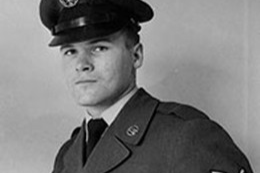 U.S. Air Force photographer on Wikimedia
U.S. Air Force photographer on Wikimedia
“(You’re) Having My Baby” By Paul Anka
Classified by many as the absolute worst number-one song of all time, “(You’re) Having My Baby” by Paul Anka quickly hit number one in 1974 and was certified Gold by the RIAA. True, all terrible things must come to an end. And so, the initial excitement for Anka’s song was about to abruptly change to heavy criticism.
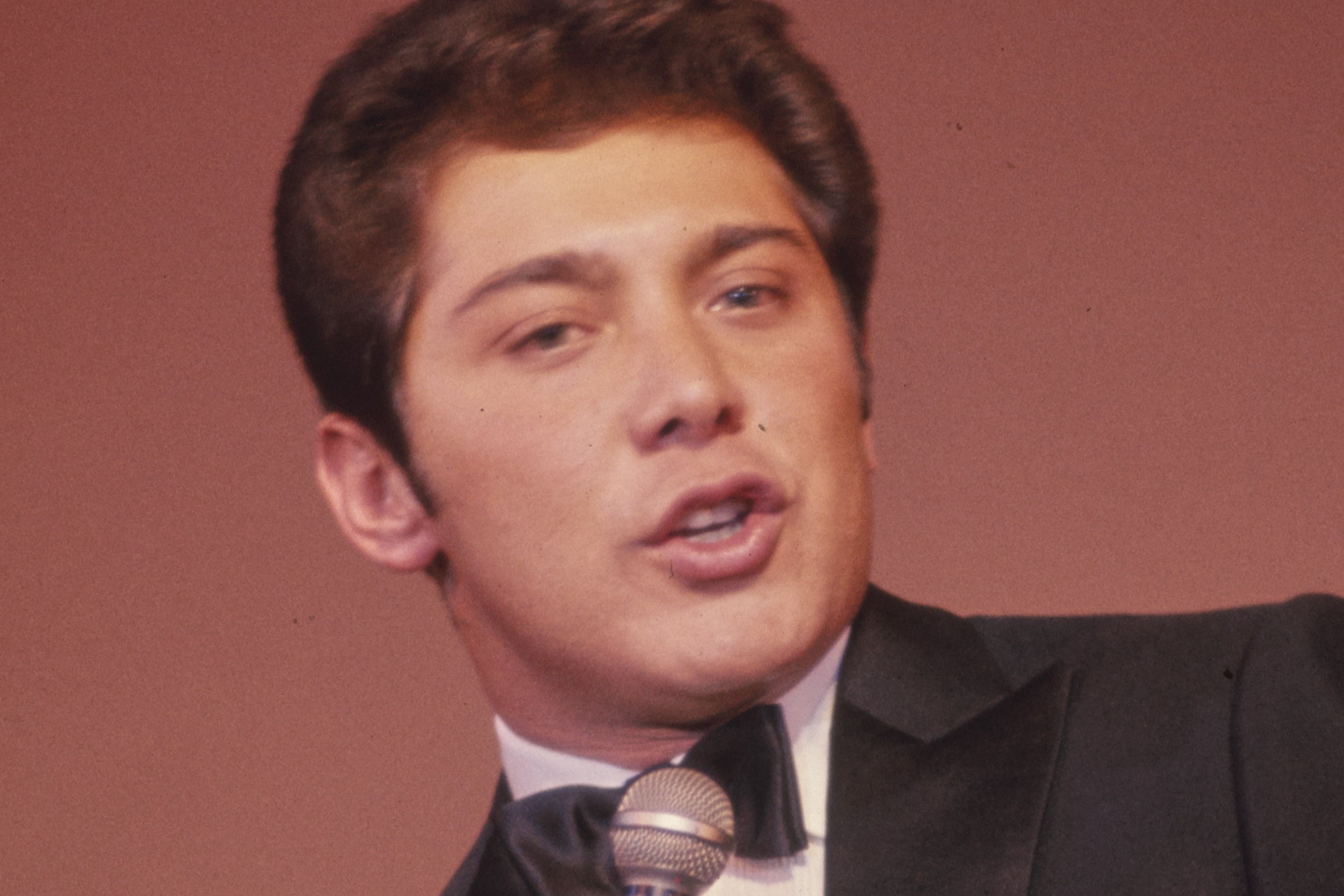 Gotfryd, Bernard, photographer on Wikimedia
Gotfryd, Bernard, photographer on Wikimedia
“(You’re) Having My Baby” By Paul Anka
In 1974, the very same year the song was released, Anka was criticized for the song, with many saying his lyrics were chauvinistic. He defended himself, saying, “I could have called it ‘having our baby’, but the other just sounded better”. Either way, it was still voted the worst song of all time in 2006 by a poll on CNN’s website.
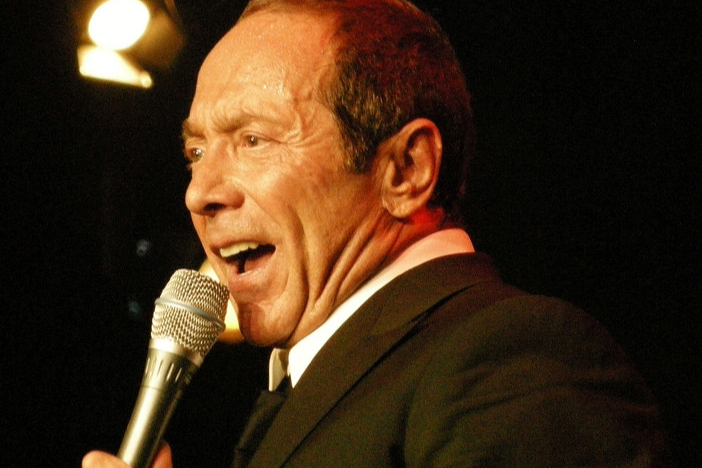 Evert-Jan Hielema at https://www.flickr.com/photos/hielema_xlent/ on Wikimedia
Evert-Jan Hielema at https://www.flickr.com/photos/hielema_xlent/ on Wikimedia


